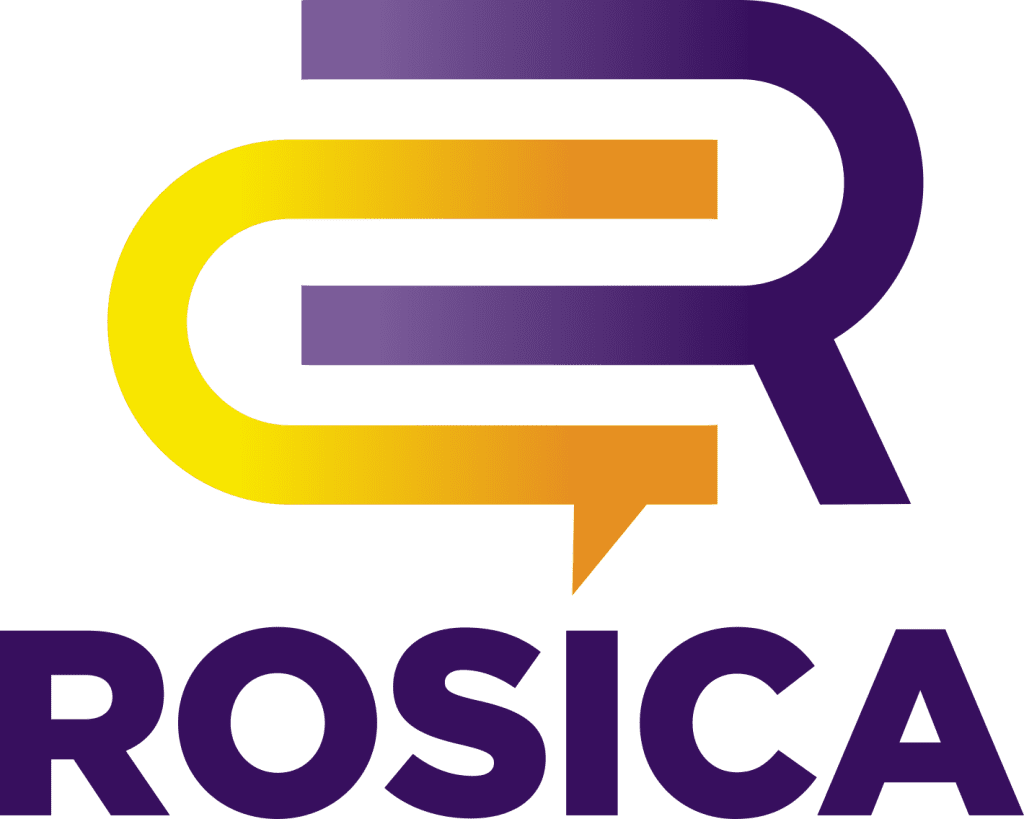A new clinical study published in Current Therapeutic Research affirms that the temporal artery (TA) thermometer is the most accurate substitute for rectal measurement in children. The study tested the accuracy of less invasive thermometers, including tympanic, infrared skin scan, and temporal artery, compared to rectal measurement to reflect core temperature.
The research was conducted at the University Hospitals, Leuven, Belgium. A total of 294 pediatric patients, with a median age of 3.2 years, were included and temperature measurements were collected consecutively from each device in every patient.
“Rectal has always been held as the gold standard in temperature measurement, but today, physicians, nurses, and consumers are looking for a less invasive manner to get a consistent, quick and accurate reading, and this study shows that the Exergen Temporal Artery Thermometer is that solution,” said Francesco Pompei, Ph.D., CEO of Exergen Corporation. “Exergen’s accuracy is backed by more than 50 peer-reviewed published clinical studies, which sets it apart from other thermometers on the market,” added Dr. Pompei.
Exergen markets two models of the TemporalScanner thermometer: a professional version for doctors’ offices and hospitals, and a consumer model sold in major retailers nationwide. More than one billion temperatures are taken each year with the TemporalScanner. It is used in thousands of hospitals, clinics and pediatricians’ offices across the country, as well as in millions of homes. For the fourth year in a row it is the #1 preference of pediatricians in the US and #1 selling retail thermometer. The Exergen TemporalScanner’s performance is supported by more than 50 peer-reviewed published studies covering all ages from preterm infants to geriatrics and all care areas from hospitals to homes. For additional information, visit www.exergen.com.
Allegaert, K. Tympanic, Infrared Skin, and Temporal Artery Scan Thermometers Compared with Rectal Measurement in Children. [National Teaching Institute research abstract RS4]. Current Therapeutic Research. 76 (2014) 34-38
